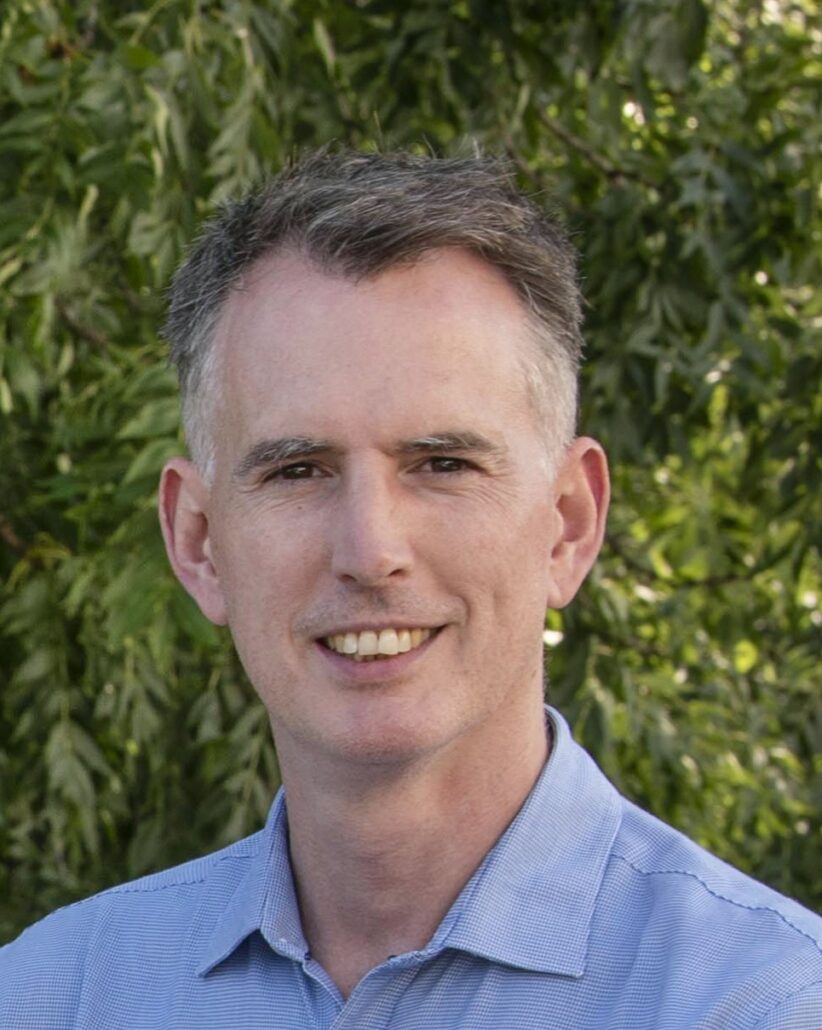Dr Andy Stanfield is a Senior Clinical Research Fellow and the Director of Clinical Research at the Patrick Wild Centre, as well as an Honorary Consultant in Psychiatry of Intellectual Disabilities in NHS Lothian.
As a clinical academic psychiatrist, my group’s research aims to develop better ways to understand, clinically manage and support people with intellectual disability and other neurodevelopmental conditions, especially those associated with changes to single genes.
To this end, our research focuses on three main themes:
i) Understanding mental health and behaviour of people with intellectual disability.
We have recently published some of the first detailed descriptions of the emotional and behavioural difficulties which affect people with changes to the gene SYNGAP1 and we are now going on to study whether these difficulties change as children age. Other research we have conducted previously under this theme has shown that simple measures of personality and behaviour may predict the later onset of psychiatric disorders in adolescents with educational difficulties; and that certain aspects of autism and schizophrenia may look similar clinically, but are actually associated with different underlying brain mechanisms, suggesting that different approaches are likely needed for the two conditions.
ii) Developing ways to bridge the gap between findings in laboratory models of genetic neurodevelopmental conditions and people with these conditions.
One of the big issues in this field of research is how to translate findings from fundamental neuroscience (usually conducted in laboratory models) into people affected by these conditions. We collaborate with laboratory neuroscientists within the Simons Initiative for the Developing Brain (SIDB) to identify parallel measures which can be examined in both laboratory models and humans. Such measures include electroencephalography (EEG), functional magnetic resonance imaging (fMRI), sleep studies, heart rate measures and pupillary size. By identifying such measures it will become easier to predict the response to new therapies in people affected by these conditions
iii) Clinical trials
Our main focus is on trialling medical interventions for genetic neurodevelopmental conditions, although we have also run trials of non-medication therapies. We have participated in 7 studies of 4 different medications for fragile X syndrome and are currently the co-ordinating UK site for the Zynerba RECONNECT trial, a commercial trial of cannabidiol for people with fragile X syndrome.
You can see details of my commercial funding, including consultancy work here – http://www.whopaysthisdoctor.org/doctor/1192/active
All of our work relies upon strong links with the clinical populations we serve. I am a scientific / medical advisor to the UK Fragile X Society, Fragile X International, the SYNGAP1 Foundation and the SYNGAP Research Fund; we both coordinate and contribute to conferences and family events run by these organisations. We also run working groups for Fragile X Syndrome and SYNGAP1 to help shape our research agenda.
